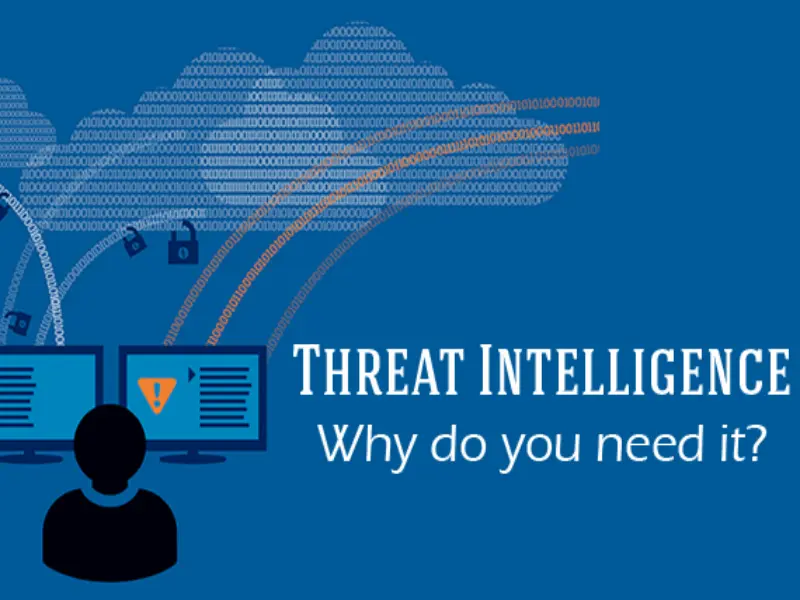- In the ever-evolving world of cybersecurity, threat intelligence has become a cornerstone of modern security strategies.
- Organisations that leverage threat intelligence effectively are better positioned to protect their digital assets, maintain operational continuity, and safeguard their reputation in the digital world.
As cyberthreats evolve, organisations must stay ahead to safeguard their data and systems. This blog highlights five reasons why threat intelligence is crucial for protecting digital assets and staying competitive in the modern landscape. Threat intelligence helps organisations proactively identify and mitigate potential cyberthreats, make informed decisions, enhance incident response, gain visibility into the threat landscape, and comply with regulations. Investing in threat intelligence is essential for organisations looking to bolster their cybersecurity defences and maintain their competitive advantage.
1. Proactive defence
Threat intelligence enables organisations to shift from a reactive to a proactive stance in cybersecurity. By understanding the tactics, techniques, and procedures of cyber adversaries, security teams can anticipate attacks and implement preemptive measures to mitigate risks. This proactive approach not only helps in preventing security breaches but also allows organisations to strengthen their overall security posture, respond effectively to incidents, and stay ahead of evolving cyber threats. With threat intelligence, organisations can proactively identify vulnerabilities, prioritise their security efforts, and enhance their resilience against potential cyber attacks.
Also read: 7 key companies in the threat intelligence landscape
2. Early detection of threats
With continuous monitoring of the threat landscape, threat intelligence allows for the early identification of potential vulnerabilities and emerging threats. Early detection is crucial for minimising the impact of a security breach and reducing the potential damage to an organisation’s infrastructure and reputation. By staying informed about the latest threats, organisations can proactively implement security measures to protect their sensitive data and systems.
3. Informed decision-making
Accurate and timely threat intelligence is essential for informed decision-making in cybersecurity strategy and investment. It enables organisations to allocate resources effectively by focusing on high-risk areas and prioritising the implementation of robust security controls. By leveraging threat intelligence, organisations can make data-driven decisions that enhance their security posture and mitigate potential risks, ultimately leading to a more efficient and effective cybersecurity approach.
Also read: 10 threats a firewall can protect against
4. Enhanced response capabilities
In the event of a security incident, threat intelligence equips response teams with the knowledge to respond quickly and efficiently. Understanding the nature of the attack, the tools used, and the potential objectives of the attackers allows for more effective containment and remediation strategies.
5. Cost-effectiveness
Investing in threat intelligence can significantly reduce the overall cost of cybersecurity management. By preventing breaches and minimising the time and resources spent on incident response, organisations can avoid the financial repercussions associated with data breaches, including fines, legal fees, and loss of business.
Additionally, by proactively identifying and addressing vulnerabilities, organisations can reduce the likelihood of costly security incidents and data breaches, saving money that would otherwise be spent on remediation efforts and damage control. In the long run, the upfront investment in threat intelligence can lead to substantial cost savings and help organisations maintain a strong cybersecurity posture.

